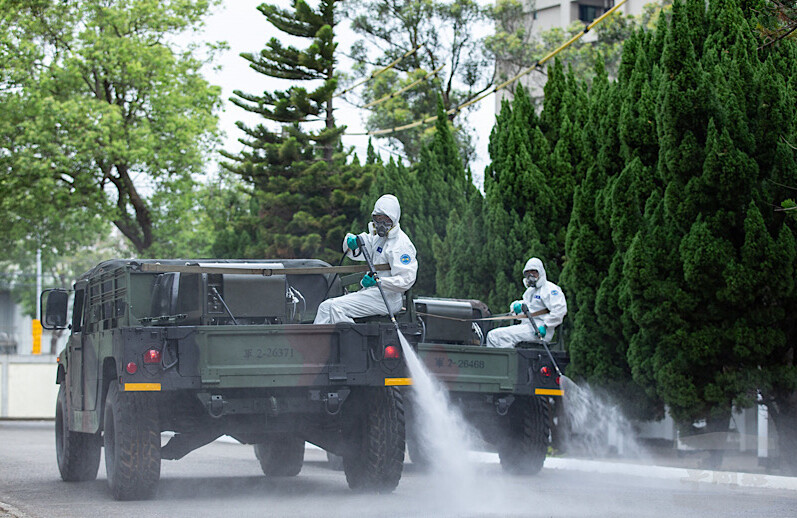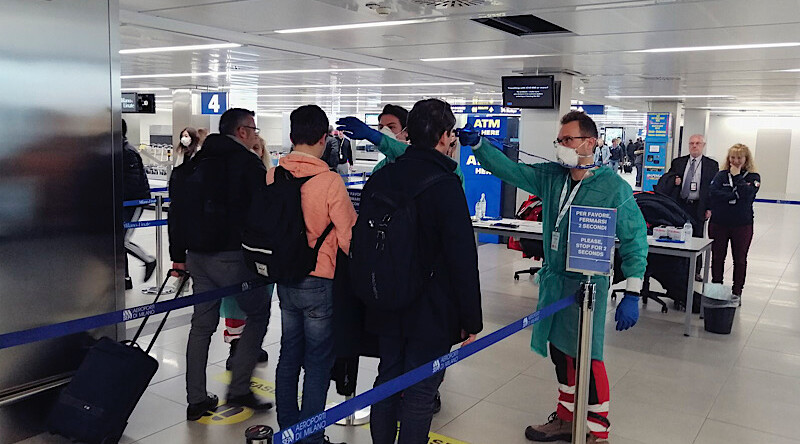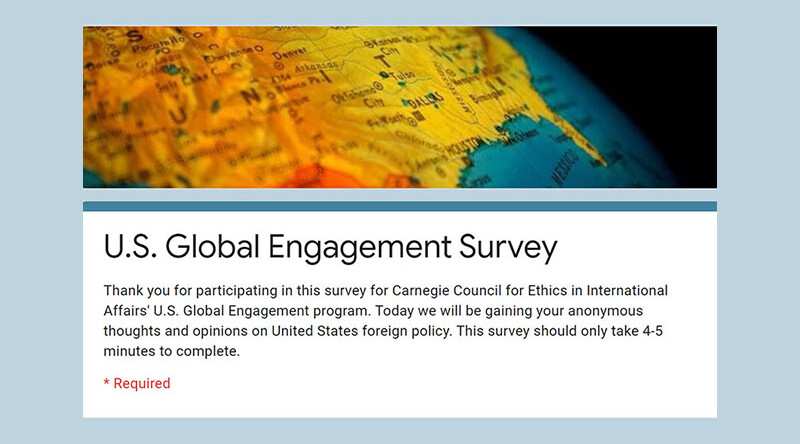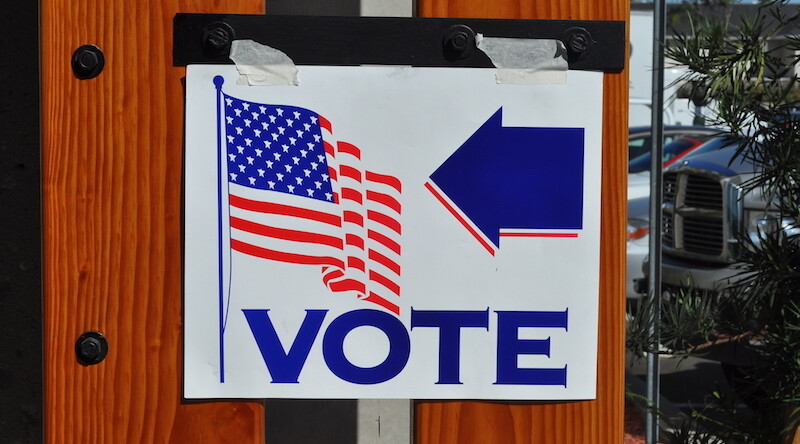This article first appeared on the Ethics & International Affairs blog.
Does a global pandemic change the nature of international affairs? Is it likely to foster international cooperation, or will it promote disintegrative tendencies within the global system—as nations seek to disconnect themselves? Could we see renewed efforts at "decoupling" countries and rethinking global supply chains and transport networks?
Moreover, will different nations see the pandemic as an impetus for working more closely together, or will they see it as an opportunity to gain advantage in the context of "great power competition"? To some extent, this tracks with differences of opinion as to whether the default state of international affairs is competition or cooperation. So far, in the responses to the Project on U.S. Global Engagement's survey, Americans themselves are evenly split on this question.
The survey was developed before the coronavirus had erupted on a grand global scale, so there is no specific question testing the proposition advanced in the title of this posting. Yet there was already discussion as to whether climate change would produce a more collaborative attitude or whether the United States should use the disruptions caused by climate change to induce change in competitors—for instance, whether forcing China to deal with climate emergencies would cause Beijing to turn inward (and thus spend less on expanding its military presence) or even catalyze movements for political change. There has also been discussion as to whether the short-term losses incurred from the U.S.-China trade war might create problems for China in the long run. So there has already been debates over whether disruptive events should be used to gain advantage or forge new cooperative mechanisms.
In the survey, respondents were asked whether they would "prioritize pushing for democratic change over securing workable agreements on trade and dealing with climate change." At the end of February, over 61 percent rejected that approach, while only 29 percent were in favor (the rest were unsure). But it seems to provide a data point that suggests that when faced with a transnational crisis, cooperation may trump disagreements. To that extent, it bolsters Amitai Etzioni's position (which I had termed "communitarian realism") that posits that movement towards greater international cooperation is driven by responses to shared threats.
All of these propositions about the international system are being tested in real time, so we shall see how reality conforms to different preferences and expectations.




